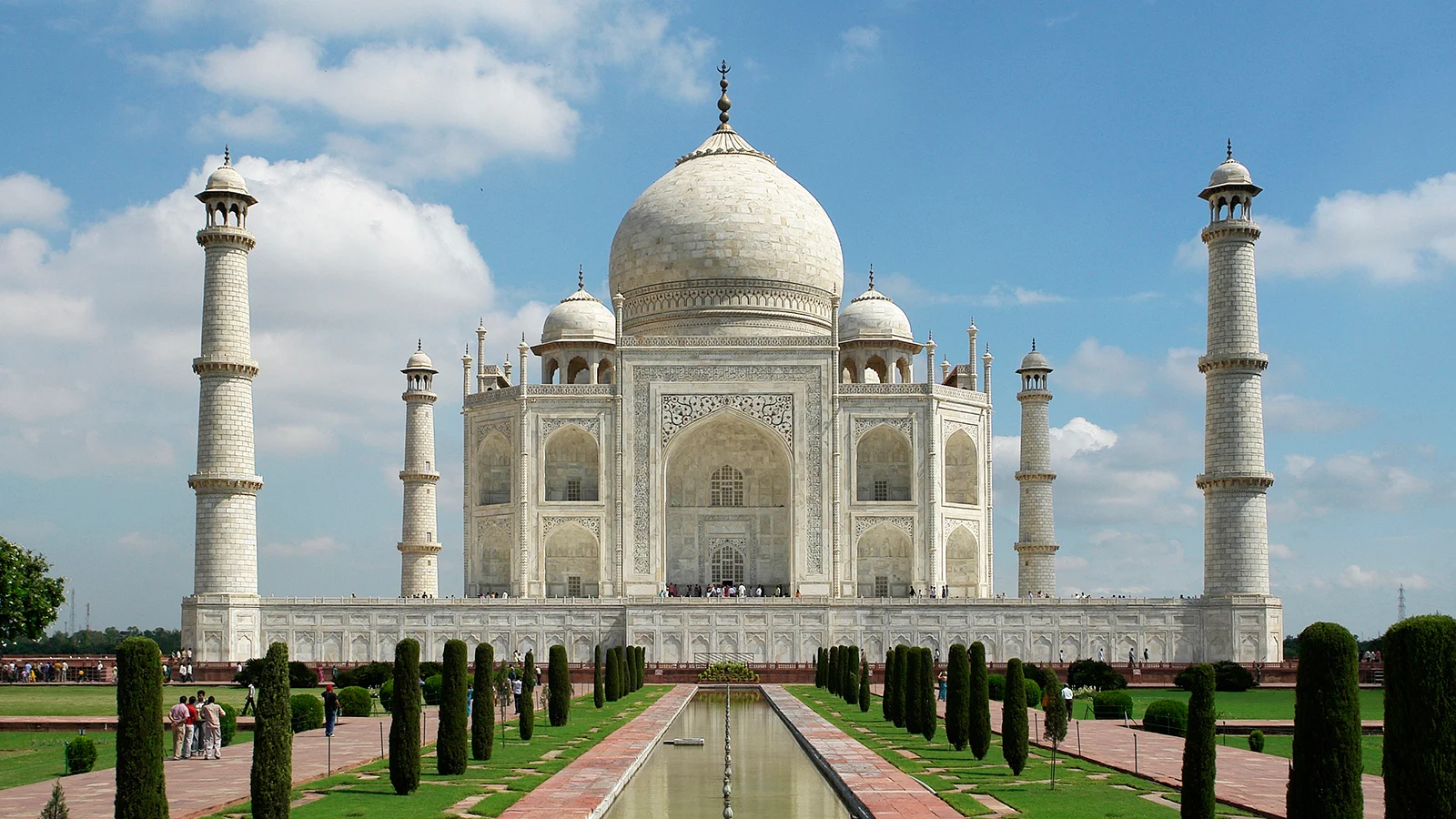Hindu extremist groups in India are targeting Muslim sites in the country even the world-famous Taj Mahal, thirty years after the mobs demolished a historic mosque in Ayodhya.
The fringe group, which has been emboldened under Hindu nationalist Prime Minister Narendra Modi, aided by courts and fueled by social media, believes the sites were built on top of their temples, which they consider representations of India’s “true” religion.
Presently most in danger is the centuries-old Gyanvapi mosque in Varanasi, one of the world’s oldest continually inhabited cities, where Hindus are cremated by the Ganges, Agence France-Presse has reported.
Last week reports claimed a leaked court-mandated survey of the mosque had discovered a shiva linga, a phallic representation of the Hindu god Shiva, at the site.
“This means that is the site of a temple,” government minister Kaushal Kishore, a member of Modi’s BJP party, told local media, saying that Hindus should now pray there.
Now, the fear is that the Islamic place of worship will go the way of the Ayodhya mosque, which they believe was built on the birthplace of Ram, another deity.
The frenzied destruction of the 450-year-old building in 1992 sparked religious riots in which more than 2,000 people died, most of them Muslims, who number 200 million in India.
The demolition was also a seminal moment for Hindutva — Hindu supremacy — paving the way for Modi’s rise to power in 2014.
Some groups have even set their sights on the UNESCO world heritage site the Taj Mahal, India’s best-known monument attracting millions of visitors every year.
Despite no credible evidence, they believe that the 17th-century mausoleum was built by Mughal emperor Shah Jahan on the site of a Shiva shrine.
READ ALSO: Israeli army kills Palestinian teenager
“It was destroyed by Mughal invaders so that a mosque could be built there,” Sanjay Jat, spokesman for the hardline organization Hindu Mahasabha, told AFP.
Audrey Truschke, an associate professor of South Asian history at Rutgers University, said the claims about the Taj Mahal are “about as reasonable as the proposals that the Earth is flat”.
“So far as I can discern, there is not a coherent theory about the Taj Mahal at play here so much as a frenzied and fragile nationalist pride that does not allow anything non-Hindu to be Indian and demands to erase Muslim parts of Indian heritage,” she told AFP.
Opposition parties in India accuse the Hindu nationalist BJP government at federal and state levels of discriminating against religious minorities, especially Muslims. The trend has assumed alarming proportions since Modi’s election in 2014.













